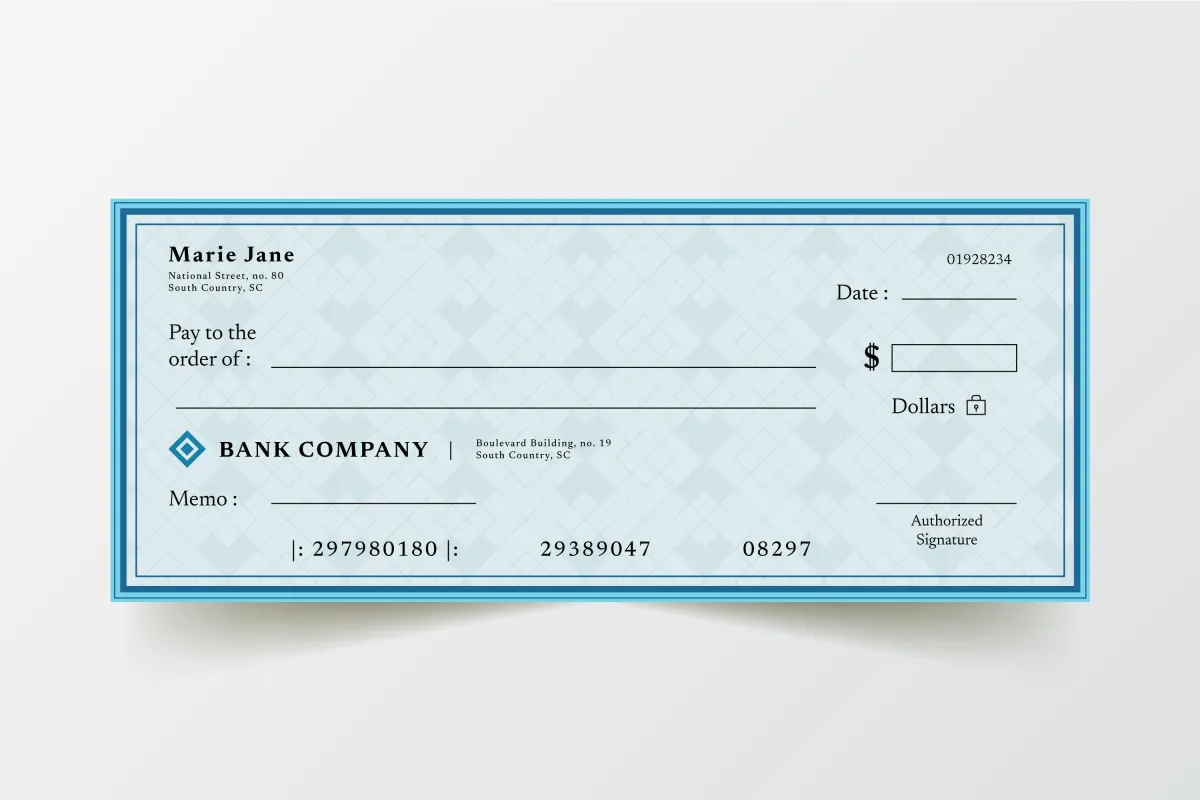
Call Us Now!
(866) 768-2599
Frequently Asked Questions
We get several questions about the foreclosure process and what you can do to avoid going to foreclosure. If you are having trouble keeping up with your mortgage payments and or you have received a notice from your bank here are some tips you can use to prevent losing your home.
1. DON'T IGNORE ANY LETTERS FROM YOUR LENDER
2. CONTACT YOUR LENDER IMMEDIATELY
3. RESPOND TO YOUR LETTER AND UNDERSTAND YOUR MORTGAGE RIGHTS
4. UNDERSTAND FORECLOSURE PREVENTION OPTIONS
5. CALL US FOR ASSISTANCE
Below are some options your lender might offer to avoid foreclosure. You may also want to seek legal advice before going any of these routes. Call us at (866) 768-2599 or visit our Contact Page and send us a message if you have any questions!
What is a Foreclosure?

Foreclosure is the process where the lender gains control over your property after you stop paying your mortgage. Without prompt action, you could lose your house. A lost job or an unexpected major medical bill can leave you facing a homeowner’s worst nightmare: foreclosure. State rules differ on how long you’ll have before a foreclosure sale takes place, however. If you find yourself in this situation, here are some of the best ways to prevent foreclosure.
1. Mortgage Repayment Plan

If you suffer a short-term financial setback (such as expensive car repairs or a medical emergency), your lender might provide some breathing room by agreeing to let you pay off your missed payment in two installments over the next two months.
2. Loan Modification

Mortgage servicers can permanently adjust the terms of your loan — most often by lengthening the amortization schedule, lowering the interest rate or rolling the delinquent amount into the loan and re-amortizing the new balance — to help you bring the loan current. Loan modification might not reduce your principal owed, however.
3. Deed-in-lieu of Foreclosure

A deed-in-lieu of foreclosure involves turning over your home to a lender voluntarily to avoid foreclosure proceedings. In some instances, going this route could help you avoid paying the remaining loan balance on your mortgage, but that depends on your lender’s rules and the state you live in. Before you get a deed-in-lieu of foreclosure, ask your lender if it will waive any deficiency, which is the difference between your home’s value and what you still owe on the mortgage. (If there is a deficiency, the lender could seek a judgment to try to collect even after you’re out of the home.)
4. Short Sale

A short sale happens when the lender allows you to sell the house for less than the outstanding loan amount, takes the proceeds and forgives any remaining debt. A short sale could help you salvage some of your equity, but the lender has to approve it first. A real estate agent with experience in short sales might be able to help you find a buyer and guide you through the lengthy process of obtaining the necessary approvals.
5. Short Refinance

With a short refinance, the lender forgives some of your debt and refinances the rest into a new loan. This type of refi was more common in the aftermath of the mortgage crisis and might not be available for most homeowners now